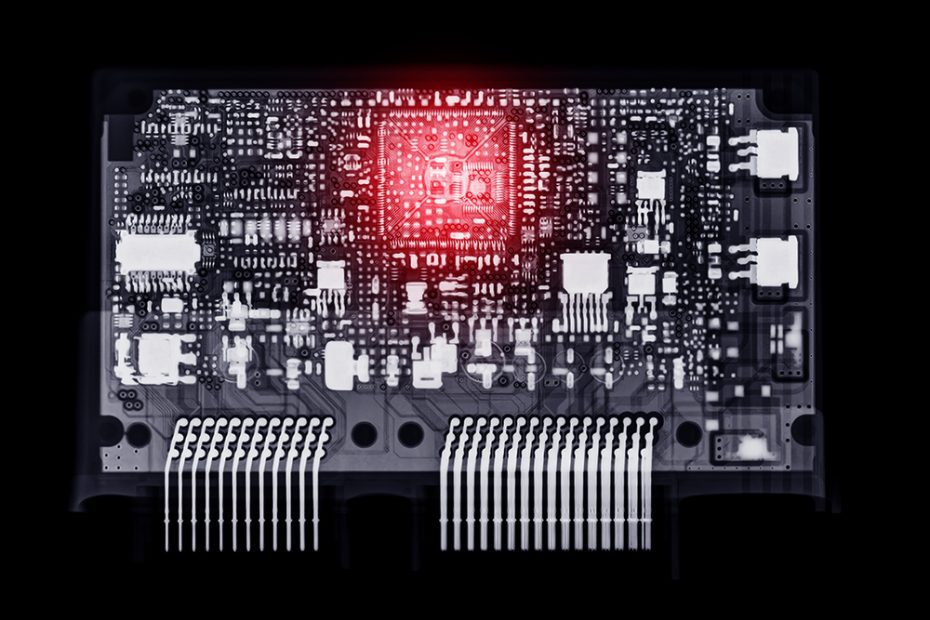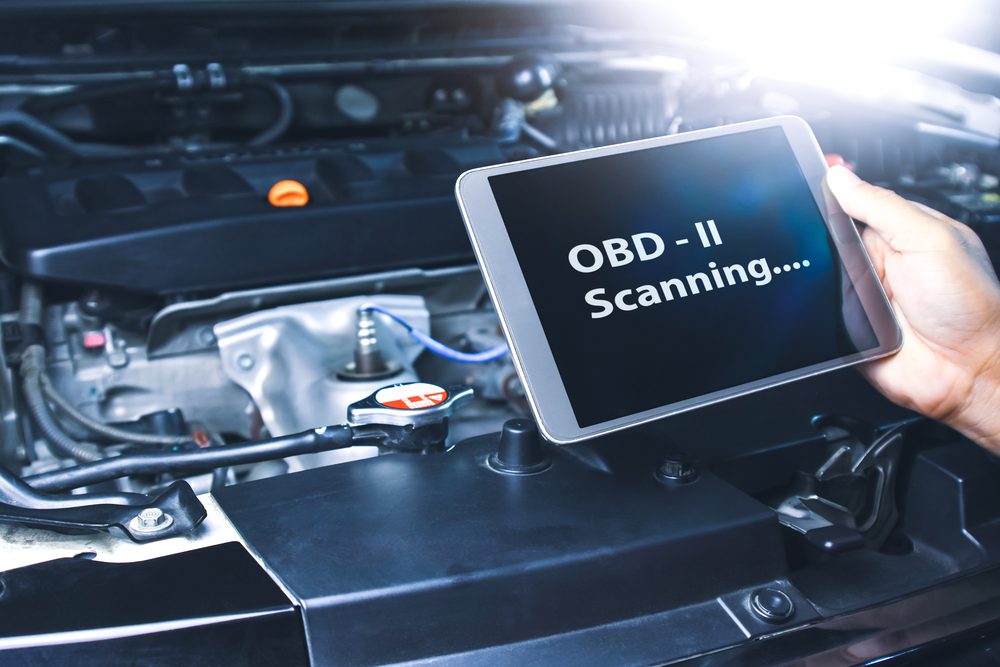Is ECU Test Optional?
Introduction
The Engine Control Unit (ECU) is a crucial component in modern vehicles that controls various aspects of the engine’s operation. As technology advances, more and more car owners are questioning whether an ECU test is really necessary or just an optional service provided by mechanics. In this article, we will delve into the importance of ECU testing and discuss why it should not be overlooked.
The Role of the ECU
The ECU, often referred to as the “brain” of the vehicle, monitors and controls a wide range of functions to ensure optimal engine performance. It continuously collects data from various sensors placed throughout the vehicle, such as the oxygen sensor, throttle position sensor, and mass airflow sensor. Based on this information, the ECU adjusts factors like fuel injection timing, ignition timing, and air-fuel mixture to maintain efficiency and reduce emissions.
The Importance of ECU Testing
ECU testing plays a vital role in maintaining the overall health of a vehicle. Regular testing helps identify any potential issues or malfunctions in the ECU system, allowing for timely repairs before they escalate into more significant problems. Here are some key reasons why ECU testing should not be seen as optional:
1. Ensuring Safety
A fault in the ECU can impact the vehicle’s safety systems, including anti-lock brakes, stability control, and airbag deployment. By conducting regular ECU tests, potential risks can be identified and resolved promptly, ensuring the safety of both the driver and passengers.
2. Improving Performance
An ECU that is not functioning optimally can result in reduced engine performance and decreased fuel efficiency. Testing the ECU allows mechanics to identify any performance-related issues and make the necessary adjustments, resulting in smoother operation and better fuel economy.
3. Diagnosing Problems
When a vehicle experiences performance issues or displays warning lights on the dashboard, an ECU test can help diagnose the root cause. By analyzing the data collected from the ECU, mechanics can pinpoint the specific component or system that requires attention, saving time and money on unnecessary repairs.
Types of ECU Testing
There are several methods used to conduct ECU testing, each serving a different purpose. Some common types of ECU testing include:
- Bench Testing: This involves removing the ECU from the vehicle and connecting it to a specialized testing apparatus. It allows for in-depth analysis of the unit’s functionality.
- Onboard Diagnostics (OBD) Testing: OBD testing utilizes diagnostic equipment connected to the vehicle’s OBD port, which retrieves error codes and other relevant information from the ECU.
- Performance Testing: This type of testing aims to assess the ECU’s ability to accurately adjust engine parameters based on real-time driving conditions.
The Cost of ECU Testing
While the cost of ECU testing may vary depending on the location and the specific tests conducted, it is generally a worthwhile investment. Ignoring ECU testing can lead to expensive repairs down the line, as undetected malfunctions can cause damage to other engine components. Additionally, resolving issues early on through regular ECU testing can prevent the need for major repairs in the future, saving both time and money.
Conclusion
In conclusion, ECU testing is far from being an optional service for vehicle owners. It plays a crucial role in ensuring safety, improving performance, and diagnosing problems in modern vehicles. Neglecting ECU testing can have significant consequences, both in terms of safety and financial implications. Therefore, it is highly recommended to include ECU testing as a regular part of vehicle maintenance, as it contributes to the overall longevity and efficiency of the vehicle.



